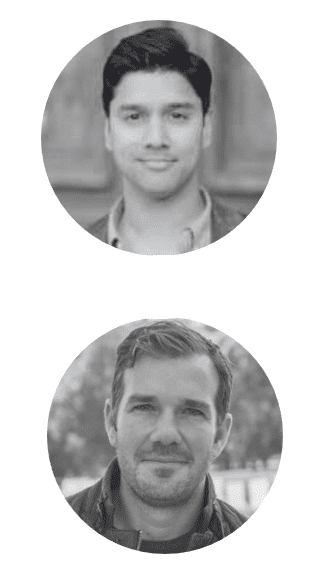We are all invested in the cities, assets, and infrastructure of tomorrow, even if we might not live to see the ten largest cities in 2100. But understanding climate change can get us closer.
Can you guess what the ten most populated US cities were in the year 2000?
New York and Los Angeles would be safe bets and come without hesitation. A moment’s pause, and Chicago would come to mind. Those who follow cities might remember that San Francisco and San Jose are separate in most data; skip them and reason that Houston and Philadelphia came next. The rest of the top ten would hardly surprise: Phoenix, San Diego, Dallas, and San Antonio all were warm and with large job markets. Detroit in tenth, was a city in decline but still servicing a healthy domestic auto industry.
NOW HERE IS A TOUGHER QUESTION: WHAT WILL BE AMERICA’S TEN LARGEST CITIES IN 2100?
In 1900, the five largest cities (in order) were New York, Chicago, Philadelphia, St. Louis, and Boston. Each had intuitive reasons for their dominance: coastal or river access, strong rail connections, trading advantages, culture, history, and even then, a lot of accumulated wealth in a select group of people and firms. And then Baltimore, Cleveland, Buffalo, San Francisco, Cincinnati round out the 1900 top ten.
In this episode of the AFIRE Podcast, Rajeev Ranade, Partner at Climate Core Capital, and Owen Woolcock, Partner at Climate Core Capital, discuss their recent Summit Journal article about the future of climate change and its effects on real estate.
FEATURING

Rajeev Ranade and Owen Woolcock are Partners at Climate Core Capital, a real estate and alternative investment management firm focused on climate change and climate risk funds.
Ranade was previously a Managing Director at RCX Capital Group, a tech-driven real estate investment and merchant bank. Prior to that, he was the Founder of Source Central, a web platform connecting capital to real estate opportunities, which was acquired by RCX. Ranade’s experience spans 14+ years within institutional real assets and he has lived and worked across Europe, Asia, and North America.
Woolcock is also a Research Associate for Harvard University studying climate change and how major cities are rising to the challenge. He has several years’ experience researching real estate, foreign policy, and urban areas.

The AFIRE Podcast with Gunnar Branson is the official, multiple-award-winning podcast of AFIRE, the association for international real estate investors focused on commercial property in the United States.
Hosted by AFIRE CEO Gunnar Branson, the podcast features informative and in-depth conversations with experts across the full spectrum of real estate, investment, sustainability, economics, geopolitics, and urbanism with a focus on helping each other become Better Investors, Better Leaders, and Better Global Citizens. To learn more, visit afire.org/podcast
DISCLAIMER
The publisher of the AFIRE Podcast is not engaged in providing tax, accounting, or legal advice through this publication. No content published in the AFIRE Podcast is to be construed as a recommendation to buy or sell any asset. Some information included in the AFIRE Podcast has been obtained from third-party sources considered to be reliable, though the publisher is not responsible for guaranteeing the accuracy of third-party information. The opinions expressed in the AFIRE Podcast are those of its respective contributors and sources and do not necessarily reflect those of the publisher.
QUESTIONS?
Benjamin van Loon, Communications Director
bvanloon@afire.org | +1 202 312 1405









